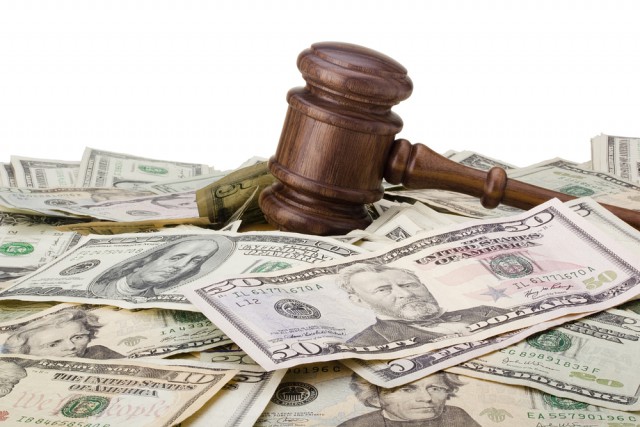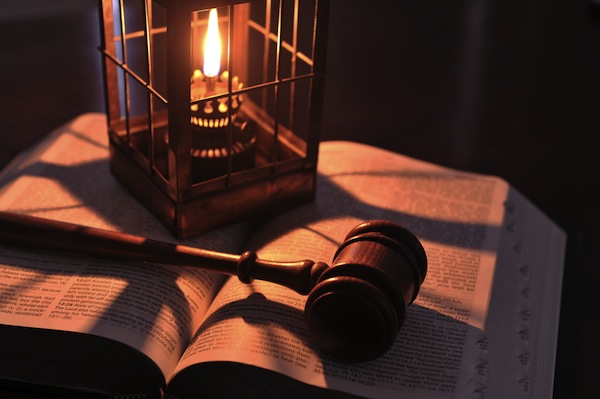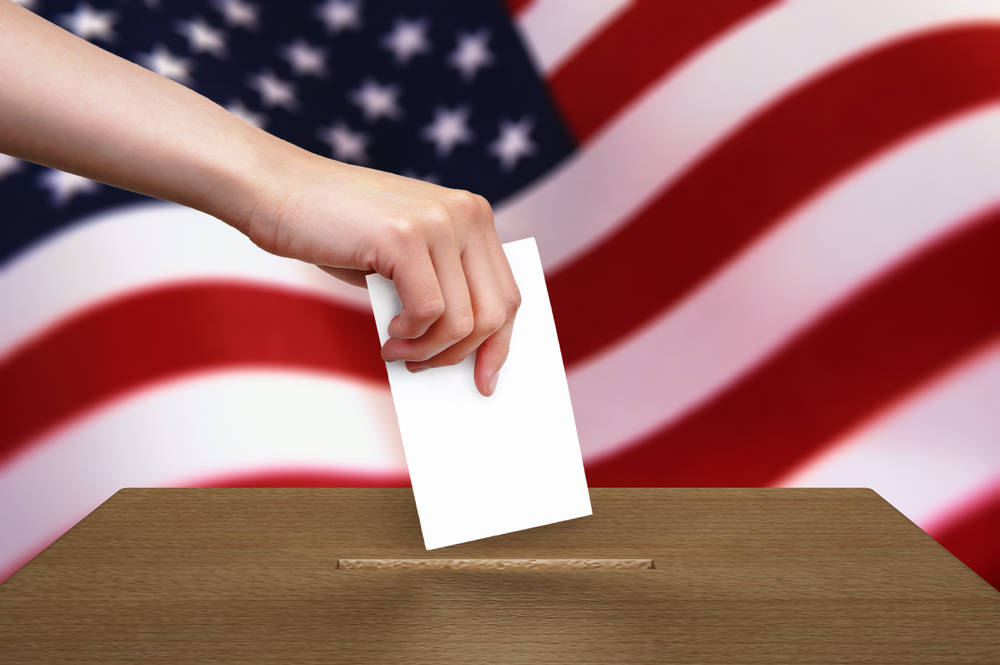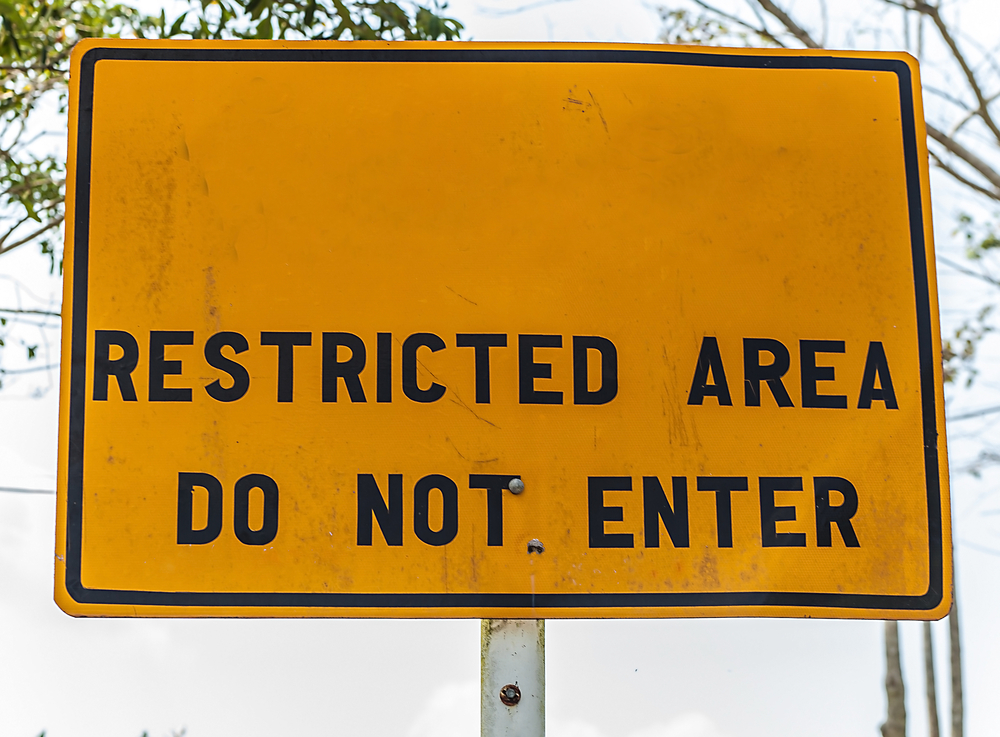
Stockholders sue Microsoft over Surface RT's disastrous performance
Microsoft is facing a class action suit brought by law firm Robbins Geller on behalf of purchasers of Microsoft Corporation common stock during the period between April 18, 2013 and July 18, 2013 (the "Class Period").
According to the suit, during the stated period, Microsoft "issued materially false and misleading statements regarding the Company’s financial performance and its tablet computer, the Surface RT" -- or to put it in laymen's terms, the company lied about the poor demand and sales of Surface RT, and about the earnings related to the tablet.

The Pirate Bay celebrates tenth anniversary with censorship busting PirateBrowser
Reaching double figures is a big landmark in anyone's life, and it's no different for the Pirate Bay. The website that the authorities love to hate, and ISPs are forced to block, is celebrating its tenth anniversary. Rather than munching on cake, washed down with a few sodas, the torrent site is marking the occasion by releasing its own web browser -- imaginatively named PirateBrowser.
Announced via Twitter, the browser is essentially a customized Firefox installation and it will come as little surprise that it has been tweaked to bypass restrictions that prevent people from accessing the site. The browser is currently available for Windows -- although Linux and Mac versions are in the pipeline -- and it comes complete with a bundled Tor client and proxy tools.

Apple wins patent case that could lead to a ban on certain Samsung products
The Apple and Samsung battle continues to rumble, and less than a week after a proposed ban on the sale of iPhones and iPads was overturned, another ruling has -- at least for the time being -- gone Apple's way. The US ITC has upheld a previous ruling dating back to 2011 that found Samsung has infringed various Apple patents, potentially leading to a US ban on various devices from the South Korean company.
The ruling found that Samsung had violated two patents relating to Apple's iPhone. The first patent (often referred to as the "Steve Jobs patent") relates to the use of a touchscreen interface as means of interacting with a device using one or more fingers. The second patent relates to the design of an audio socket that can determine the type of microphone or headset that has been plugged into it.

Could Twitter's verified accounts be the answer to stopping tweet threats?
We've talked about Twitter and the subject of policing the Internet quite a bit recently. It's not just us. Countless websites, newspapers, blogs and TV news channels have debated just what can be done to stop the problem of online abuse.
Part of the problem is that Twitter is -- as is the case with much of the Internet -- largely anonymous; or at least that's what most users think. They must think that, or they would not behave so stupidly and recklessly online. The reality is that, unless someone has taken measures to cover their tracks through proxy servers or other masking techniques, it's not really all that difficult to link an online message to, if not an individual person, at least an individual machine -- with the help of ISPs and other parties.

Obama overturns ITC ban on the sale of various iPads and iPhones
In a letter to the International Trade Commission chairman, the Honorable Irving A Williamson, the Obama administration vetoes an earlier ITC ruling that was due to block the sale of a number of Apple products. The original ruling came in June and was to prevent the sale of various products including certain models of the iPhone 4 and the iPad 2.
The letter from Ambassador Michael Froman explains that having reviewed the information surrounding the patent dispute between Apple and Samsung, he had decided to "disapprove the USITC's determination to issue an exclusion order and cease and desist order". Under section 337 of the Tariff Act of 1930 the President is obliged to evaluate decisions made by the Commission during a 60-day review period, and in this instance the authority was passed to the USTR.

Is Twitter's introduction of an abuse reporting button really workable?
It is said that there is no such thing as bad publicity, but the PR department at Twitter might well be feeling otherwise at the moment. After coming under fire for using fabricated tweets in promotional material Twitter has been in the headlines after the company faced calls to do more to combat abusive tweets.
Threats of death and rape do not make for pleasant reading, but it is something that has happened to a number of Twitter users. The most recent victims to speak out -- Caroline Criado-Perez, who successfully campaigned for Jane Austin to appear on British bank notes, and UK MP Stella Creasy -- led to a grassroots campaign for Twitter to do more to police its micro-blogging service.

Thailand bans Bitcoin -- company suspends trading in the country
Thailand has ruled that use of the online currency Bitcoin is illegal. Bitcoin Co Ltd was going through the process of registering with the necessary government agencies in order to operate legally. Having initially ruled that Bitcoin is not a currency, Bank of Thailand now says that due to a lack of existing applicable laws, numerous Bitcoin activities are now illegal.
A statement on the Thai Bitcoin website explains that it now illegal to buy and sell Bitcoins within the country. In addition to this, the buying and selling of goods and services for Bitcoins is outlawed, as is sending and receiving Bitcoins from anyone outside of Thailand.

Government censorship -- no matter how well-intentioned -- can never be a good thing
My colleague Mark Wilson wrote an interesting article on Sunday about the futility of ISPs and governments trying to block pornography. If you’ve been following the news you’ll know the UK government intends to make accessing adult content on the internet "opt in". That's perfectly legal adult content by the way -- not just the nasty stuff.
Mark also worried about where such a move could lead, saying, "In filtering out porn, how could I be sure that whoever is doing the filtering is not also blocking access to other things, be it through a sense of morality, or by simply miscategorizing something?" Which, it turns out, could be truer than he knew.

Microsoft, Oracle and others side with Apple over US iPhone 4 ban
Representatives of several companies are asking the Obama Administration to intervene in a patent dispute between Apple and Samsung that resulted in a ban of the sale of older iPhones in the US.
The International Trade Commission ruled last month that Apple infringed on patents owned by Samsung, and ordered a ban on the sale of the iPhone 3G, 3GS, and 4 in the country beginning August 4. Of those devices, only one is now sold. The effect on Apple’s business is likely to be considerable however, given that the iPhone 4 is now free with contract through most of its US partners.

On the futility of blocking porn and torrent websites, Immunicity style
Pornography has been in the news a great deal, and David Cameron's bid to make online porn "opt-in" has sparked a fierce debate in many quarters. The apparent aim of the proposed measure is to protect children and the responsibility has been moved squarely to the door of ISPs, just as with access to torrent sites. But is this fair?
The Internet is an important element of democracy. It should be a tool for free speech, free access to information and the ability to communicate worldwide free of charge. Freedom is at the heart of it. Creating a two-tier Internet in which some people are able to access all content, and others can only access a portion of it flies in the face of what the world wide web is all about. It is also dangerous.

Suck it up -- you're still going to get spied on after House votes for continued NSA surveillance
A move to close down NSA surveillance of US phone records bites the dust after a vote at the House of Representatives. The closely fought battle ended with a nail-bitingly tight vote that saw 217 votes against limiting the Agency's data collection abilities and 205 for.
Republican Justin Amash looked to end the indiscriminate collecting of phone records that was brought to light by whistleblower Edward Snowden. Rather than looking to simply stop the NSA's actions, the proposed amendment took a slightly different approach and aimed to block funding instead.

Pornography to be 'opt in' in UK -- do you agree with the move?
Yesterday my colleague Mark Wilson wrote an excellent article discussing online pornography and the problems of policing it. This came in the wake of UK Prime Minister David Cameron calling for internet companies to do more to block porn on the web.
Today, Cameron announces that every British household will have pornography automatically blocked by their internet provider, although customers can choose to switch off the "family friendly" filters if they so choose.

We want to wipe out child porn online, but can it actually be policed?
Filtering web content is always something of a sticky topic, and there are two very vocal sides to the argument. In the blue corner (red and blue are not being used in a political sense here -- if only because the blue represents right-wing parties in the UK and the more left-leaning in the US) we have those who advocate freedom of speech online, the right for anyone to say whatever he or she wants. In the red corner are those who feel that there is a need for policing, control and regulation.
It is certainly a difficult balance to strike. It would be all but impossible to draw a baseline level of sensibilities that should be catered to -- whatever form of control may be put in place will be seen as draconian in its severity by some, and pathetically lenient by others.

So that’s how H-1B visa fraud is done!
Mark Surich was looking for a lawyer with Croatian connections to help with a family matter back in the old country. He Googled some candidate lawyers and in one search came up with this federal indictment. It makes very interesting reading and shows one way H-1B visa fraud can be conducted.
The lawyer under indictment is Marijan Cvjeticanin. Please understand that this is just an indictment, not a conviction. I’m not saying this guy is guilty of anything. My point here is to describe the crime of which he is accused, which I find very interesting. He could be innocent for all I know, but the crime, itself, is I think fairly common and worth understanding.

Edward Snowden is trying to be Daniel Ellsberg on Twitter
What are the differences between Edward Snowden, the NSA whistleblower, and Daniel Ellsberg, who released the Pentagon Papers back in 1971?
Not much, really, but the distinctions that do exist are key:
